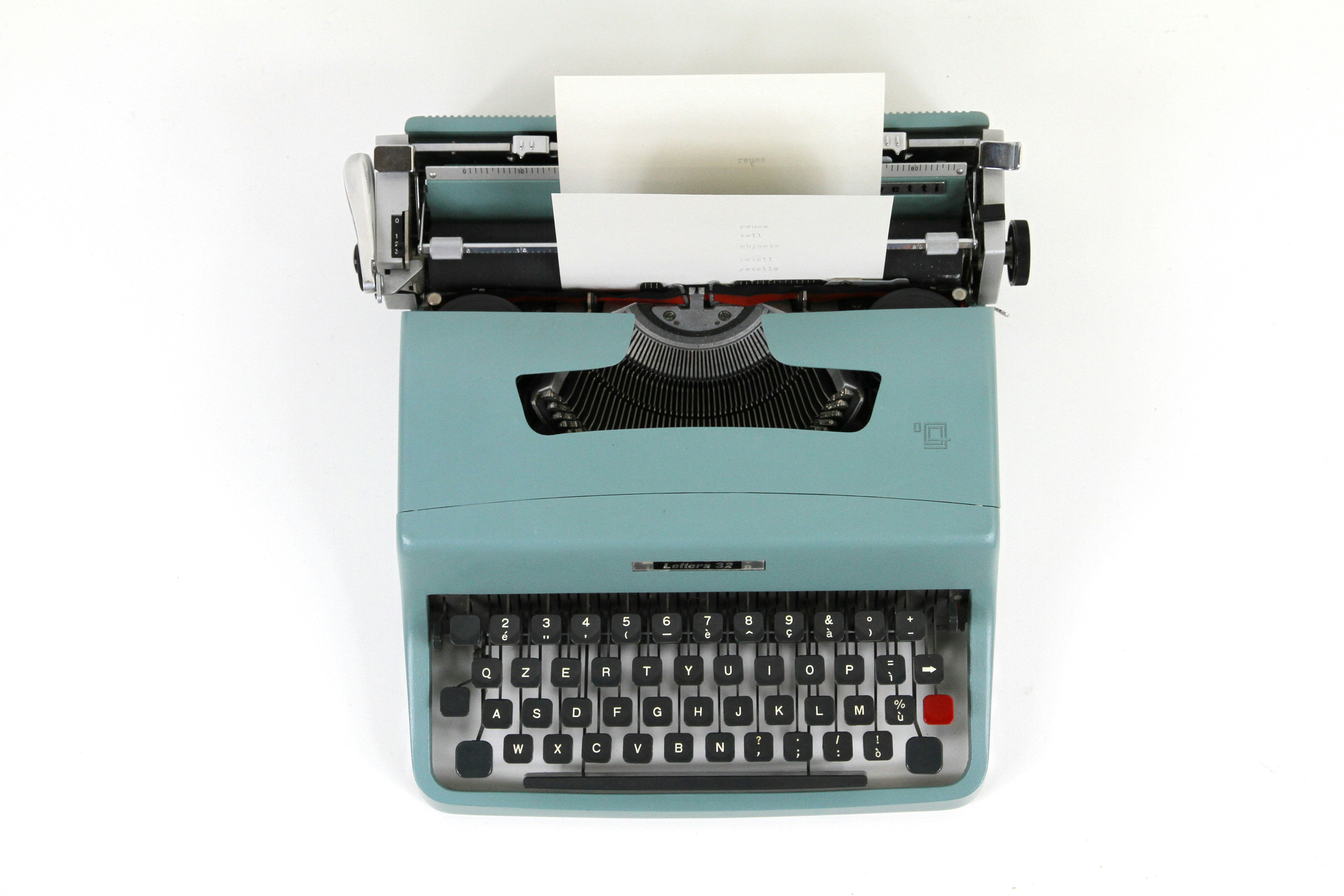
Did you know that 73% of companies hire professionals to manage their content marketing?
Now, you might question this demand in the age of AI-driven content generators like ChatGPT. It’s true, AI has revolutionized many sectors, including copywriting, but does it really mean the end for human copywriters?
Let’s ponder this: can AI capture the nuances of human emotions, our culture, or the subtleties of our language in a way that resonates with the target audience?
Stick around, there’s much more to this discussion than meets the eye.
Key Takeaways
- AI tools like ChatGPT can’t fully replace human copywriters due to limitations in context understanding and emotional connection.
- Despite AI advancements, copywriting jobs remain in high demand with thousands listed on job platforms like Indeed and LinkedIn.
- Human copywriters still hold a unique edge in niche specialization, emotional storytelling, and strategic thinking.
- Incorporating AI in copywriting can enhance productivity and creativity, but it doesn’t diminish the need for human expertise.
Understanding ChatGPT’s Functionality
So, what exactly is ChatGPT and how does it function? It’s an artificial intelligence (AI) tool, developed by OpenAI, that creates unique content independently. Imagine having a tool that can mimic various writing styles and tones, adapting to different content needs. That’s precisely what ChatGPT does.
As you explore the world of AI-driven content creation, you’ll find that ChatGPT’s functionality includes creating articles rapidly and accurately, without needing human input. It’s like having an invisible writing partner who never tires and always delivers. This tool doesn’t just reproduce content; it generates original pieces, adding a new dimension to the content creation process.
However, ChatGPT’s capabilities also raise questions about the future of human creativity in copywriting. The fact that AI can generate content without human intervention makes some wonder about the demand for human copywriters. But remember: while ChatGPT is an impressive tool, it’s not a human brain. It can’t replicate the nuances and emotions that human creativity brings to the table. So, while it’s a game-changer, it doesn’t necessarily spell the end for human copywriters.
The Current State of Copywriting
Ever wondered about the current state of copywriting despite the rise of AI tools like ChatGPT? It’s a field that’s still thriving. Over 1,200 copywriting jobs are listed on Indeed, and more than 28,000 on LinkedIn, reflecting a high demand for your skills. As a copywriter, you’re still highly sought after by companies aiming to boost business growth.
Despite advancements in AI, copywriting isn’t losing its appeal. Companies continue to value your expertise in generating sales and connecting with audiences on a more personal level. Plus, choosing the right niche specialization in copywriting can lead to higher fees and help you stand out.
| Demand for Copywriters | Value of Copywriting | Specialization in Copywriting |
|---|---|---|
| High, with thousands of jobs listed | Boosts business growth, connects with audiences | Can lead to higher fees, allows you to stand out |
AI’s Impact on the Copywriting Industry
While you’re busy honing your copywriting skills, AI tools like ChatGPT are making waves in the industry, capable of rapidly and accurately generating articles that could impact the demand for human copywriters. This advanced artificial intelligence (AI) is shaking up the copywriting industry by autonomously creating unique content, which might reduce the need for human intervention.
The way AI mimics various writing styles and tones could be a threat to traditional copywriters. It’s not just about the speed; it’s about the accuracy and versatility of the content these tools can produce. Imagine having a tool that doesn’t tire, doesn’t need breaks, and can spit out precise, engaging copy in a fraction of the time it takes a human. It’s a concept that’s as exciting as it’s intimidating.
Limitations of AI in Copywriting
Despite the impressive capabilities of AI tools like ChatGPT, they still struggle with understanding context, sentiment, and subtle nuances in copywriting tasks. Their limitations are evident when it comes to generating highly creative and engaging content. You see, these tools lack the ability to tailor content to specific audience preferences and sales funnel stages effectively, something human copywriters excel at.
Human copywriters master the art of storytelling, resonating with the language, and building emotional connections with the audience. These are areas AI may struggle to replicate. While AI can assist in generating content, human copywriters bring a unique touch of creativity, intuition, and strategic thinking to copywriting tasks.
Here’s a table to visualize these limitations:
| Limitations of AI | Human Copywriters’ Strengths | Resulting Challenges |
|---|---|---|
| Struggles with context | Excel at understanding context | Difficulty in creating engaging content |
| Can’t tailor to audience preferences | Expert at tailoring to audience preferences | Ineffectiveness in sales funnel stages |
| Lacks emotional connection | Masters at building emotional connections | Struggles to resonate with audience |
| Limited creativity | Unlimited creativity | Struggles to generate highly creative content |
| Lacks strategic thinking | Excel at strategic thinking | Difficulty in strategic communication |
Future of Copywriting in the AI Era
Undeniably, the rise of AI tools like ChatGPT has shaken up the copywriting landscape, but your skills as a copywriter are still in high demand. AI technology can’t replicate the human touch, the emotional insight, and the psychological understanding that you bring to the table.
In the AI era, crucial content creation becomes even more essential. You’ll need to demonstrate your ability to craft engaging, relevant copy that resonates with your audience, surpassing what AI can generate. Your specialized knowledge in specific niches will be your unique selling point, especially valuable for SEO and targeted content creation.
But don’t rest on your laurels. The AI era demands continuous learning. You’ll need to upskill, adapting to new technologies and trends in copywriting. Learning how to leverage AI in your work can actually boost your productivity and creativity.
Frequently Asked Questions
Will Chatgpt Replace Copywriting?
No, ChatGPT won’t replace copywriting. Despite technological adoption, AI limitations still exist. It lacks human creativity, the heart of effective copywriting. So, you’ll continue to see demand for human copywriters who bring creativity and emotion to content, a quality not easily replicated by AI writing tools.
Is Copywriting Still in Demand After Ai?
Yes, copywriting is still in demand despite AI. AI limitations can’t match human creativity and understanding. Your copywriting skills have prospects, as they’re critical for effective communication and business growth.
Is Copywriting Still Relevant in 2024?
Absolutely! The future of copywriting is bright in 2024. Despite AI’s impact, it’s evolved, not diminished. You’ll find plenty of opportunities as companies highly value human creativity and strategic thinking over AI capabilities.
Is Copywriting Dying Due to AI?
Absolutely not! AI’s impact isn’t dimming your prospects as a copywriter. Human creativity still trumps AI. You’re in high demand since you can weave engaging content that resonates with audiences like no bot can.
Conclusion
So, can AI like ChatGPT replace the human touch in copywriting? Not quite. While it’s a handy tool, it’s no magic bullet.
Remember, AI can’t match your storytelling prowess, your emotional intelligence, or your creative spark. It’s like trying to put a square peg in a round hole.
In the AI era, copywriting isn’t just surviving, it’s thriving. So, keep your pen sharp and your ideas sharper. The world of copywriting still needs you.
RELATED POSTS
View all

